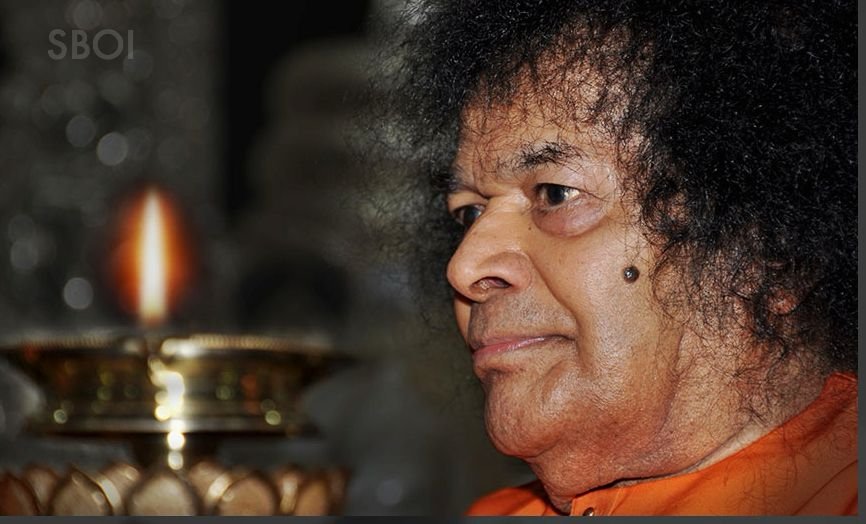Volume Thirty Two (1999)

Volume 32 of Sathya Sai Speaks is a spiritually rich collection of discourses by Bhagawan Sri Sathya Sai Baba, which underscores the importance of inner transformation, purity of speech, devotion, and the harmonization of thought, word, and deed. Among the notable teachings in this volume is the chapter “Speak Obligingly”, part of Chapter 11: The Ephemeral and the Transcendental, where Baba states: “You cannot always oblige, but you can always speak obligingly.” That means even when you cannot fulfill every demand or appease every request, you can always choose to speak kindly, gently, and with love — because the wounds inflicted by harshness cannot be healed easily. He emphasizes that speech has immense power: a harsh word may leave permanent damage, whereas loving speech elevates hearts and brings harmony. This teaching encourages self‑restraint of tongue, awareness in communication, and cultivating love in one’s expressions.
Another theme in this volume is silence as a spiritual discipline. In Part 2, Chapter 8: Cultivate Discipline and Love, it is taught that “Silence fosters purity” and that observing silence helps one purify the mind and heart. Silence is more than absence of speech — it is a sacred space in which inner stillness can grow, distractions can fade, and the seeker may sense the Divine within. Along with silence, the volume stresses control over the tongue — that the tongue, which can taste as well as speak, needs to be restrained lest it indulge in gossip, criticism, or slanderous talk. In times of anger or emotional agitation, one is advised to observe silence rather than lash out. These teachings highlight the delicate interplay among thought, speech, and action, and the spiritual necessity of aligning them.
The volume also addresses pure feelings (bhava) as the foundation of all spiritual effort. In Part 1, Chapter 9: Do Sadhana with Pure Feelings, Baba exhorts devotees to nurture noble sentiments, wholesome intentions, and a heart filled with love, because actions and speech originate from the inner feelings. Always speak with a smile on your lips is a phrase attributed to this volume, reminding us that communication should be suffused with kindness and warmth. These teachings collectively affirm that inner purification is not a separate activity but must reflect in every gesture, word, and thought.
Though I don’t have the full list of discourses and their dates in Volume 32, what is clear from these sample chapters is that the volume guides seekers to refine their inner life and outer expression. Its emphasis is not on elaborate rituals, but on practical, daily spiritual discipline — how one speaks, how one listens, how one restrains anger, how one plumbs silence, how one maintains sincerity in heart. The central message is that spirituality is lived, not merely preached; that God-realization begins with purity in speech and thought; and that the divine is most deeply realized when one’s heart becomes a temple of gentleness, love, and restraint.
















































